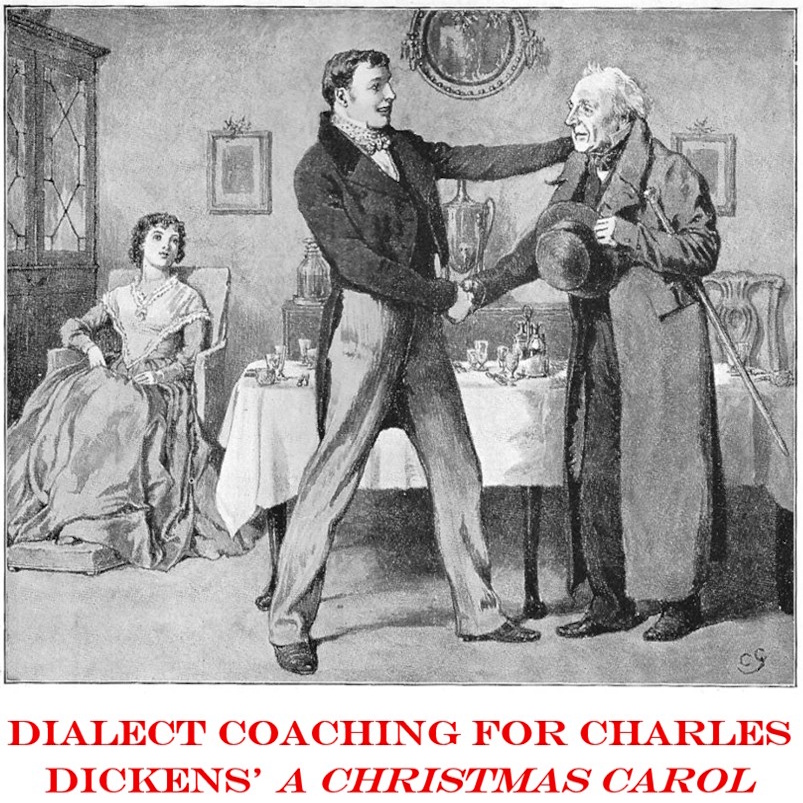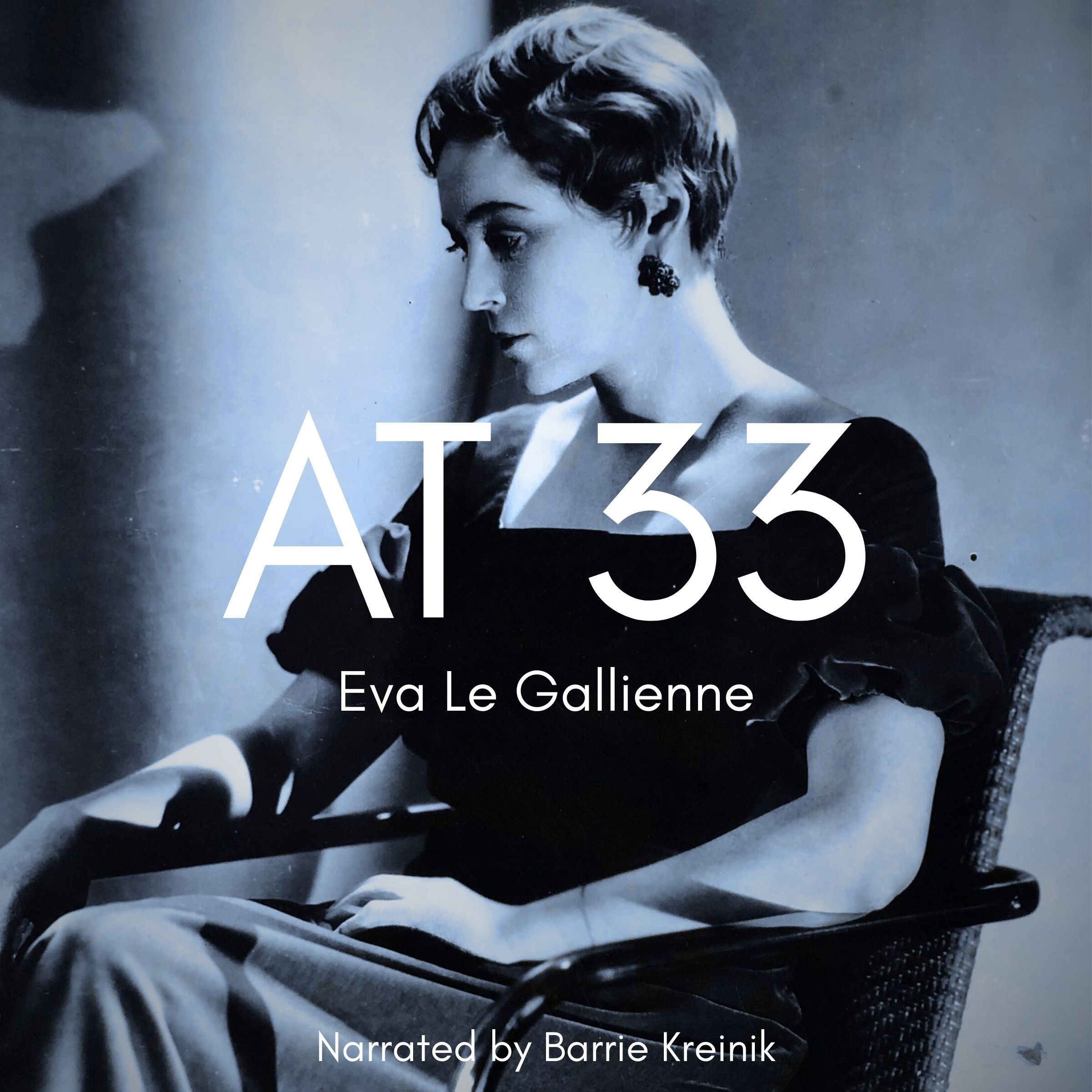Germany 21
Listen to Germany 21, a 24-year-old woman from Oldenburg, Germany. Click or tap the triangle-shaped play button to hear the subject.
Both as a courtesy and to comply with copyright law, please remember to credit IDEA for direct or indirect use of samples. IDEA is a free resource; please consider supporting us.
BIOGRAPHICAL INFORMATION
AGE: 24
DATE OF BIRTH (DD/MM/YYYY): 16/12/1992
PLACE OF BIRTH: Oldenburg, Germany
GENDER: female
ETHNICITY: Caucasian/German
OCCUPATION: student
EDUCATION: undergraduate degree
AREAS OF RESIDENCE OUTSIDE REPRESENTATIVE REGION FOR LONGER THAN SIX MONTHS:
The subject was in Tuscon, Arizona, United States, for one year. At the time of this recording, she had been in Ashland, Oregon, for about nine months, for school.
OTHER INFLUENCES ON SPEECH: N/A
The text used in our recordings of scripted speech can be found by clicking here.
RECORDED BY: Kris Danford
DATE OF RECORDING (DD/MM/YYYY): 05/05/2017
PHONETIC TRANSCRIPTION OF SCRIPTED SPEECH: N/A
TRANSCRIBED BY: N/A
DATE OF TRANSCRIPTION (DD/MM/YYYY): N/A
ORTHOGRAPHIC TRANSCRIPTION OF UNSCRIPTED SPEECH:
I was born in Germany, in Oldenburg. I lived there my whole life. I’m really close with my six cousins, and we grew up together playing in the garden, walking to the lake, going swimming. I went to school for twelve years. Afterwards I went to the States. I lived in Arizona for one year and worked as an au pair. This was the best year of my life. I was allowed to look after two children; they were five and eight at the time, a boy and a girl. They gave me the most — the best experience I ever had. We played in the pool, we went shopping, we ate ice cream; we also had to do a lot of homework, which was a lot of yelling sometimes since kids hate listening in that age. But, well, what am I supposed to do? We just had to stick to it.
Afterwards, I went to college, which I picked so I could just go back to the States for another year. This is why I’m here in Oregon at Sou- Southern Oregon University. I’m doing a double degree now in business. It’s business administration here, even though in Germany I picked tourism. Now I will graduate in June, finally done, no studying anymore, just making money hopefully. I love to travel; I visited my host family already three times since I’m here. I spent Christmas and Thanksgiving with them and just hang out at the pool in May. Actually now it’s the birthday of the kids; I hope I’ll com- can go there soon again the weekend to bring the presents.
Yeah, doing my au pair year, I traveled a lot; I already saw about 28 states of the U.S., and I hope I will get to see even more when I go on a road trip next week and we will travel through seven more different states. So, yeah, I love traveling. I want to see it all. I’ve already been to almost every continent in the world — to Australia; I went to Africa, Asia; I went to Latin America, so South America is practically still missing, but I will hopefully go the next year in the summer. These are my goals, like to see every state, eh, every continent and every country in the world.
TRANSCRIBED BY: Kris Danford
DATE OF TRANSCRIPTION (DD/MM/YYYY): 15/05/2017
PHONETIC TRANSCRIPTION OF UNSCRIPTED SPEECH: N/A
TRANSCRIBED BY: N/A
DATE OF TRANSCRIPTION (DD/MM/YYYY): N/A
SCHOLARLY COMMENTARY:
The speaker uses a strong uvular r throughout, with a fairly strong w quality within it (via more lip rounding). However, at times she drops the r completely, as in “born,” “world,” and “garden.”
The diphthong “cure” seems to change to [œ].
Some diphthongs, notably that within “choice” and “my,” have an elongated first vowel with a very slight or absent second vowel.
In “back,” and “jacket,” the vowel in this lexical set tends to change to the vowel in “met.”
Though “bath” and “afterwards” are in the same lexical set, they get different treatment with this speaker. The vowel in “bath” changes to the vowel in “met,” while “afterwards” shifts closer to the middle a.
The vowel is “much,” “done,” and “another” shifts closer to the open a, as in “father.”
There is some use of reverse error where v changes to w in some cases, e.g., “visited” and slightly in “vet.”
Final voiced consonants change to unvoiced. Examples: “times,” “years,” “five,” and “huge.”
Finally, the speaker uses the liquid u, as in the word “tune.”
COMMENTARY BY: Kris Danford
DATE OF COMMENTARY (DD/MM/YYYY): 15/05/2017
The archive provides:
- Recordings of accent/dialect speakers from the region you select.
- Text of the speakers’ biographical details.
- Scholarly commentary and analysis in some cases.
- In most cases, an orthographic transcription of the speakers’ unscripted speech. In a small number of cases, you will also find a narrow phonetic transcription of the sample (see Phonetic Transcriptions for a complete list). The recordings average four minutes in length and feature both the reading of one of two standard passages, and some unscripted speech. The two passages are Comma Gets a Cure (currently our standard passage) and The Rainbow Passage (used in our earliest recordings).
For instructional materials or coaching in the accents and dialects represented here, please go to Other Dialect Services.
 IDEA: International Dialects of English Archive
IDEA: International Dialects of English Archive




